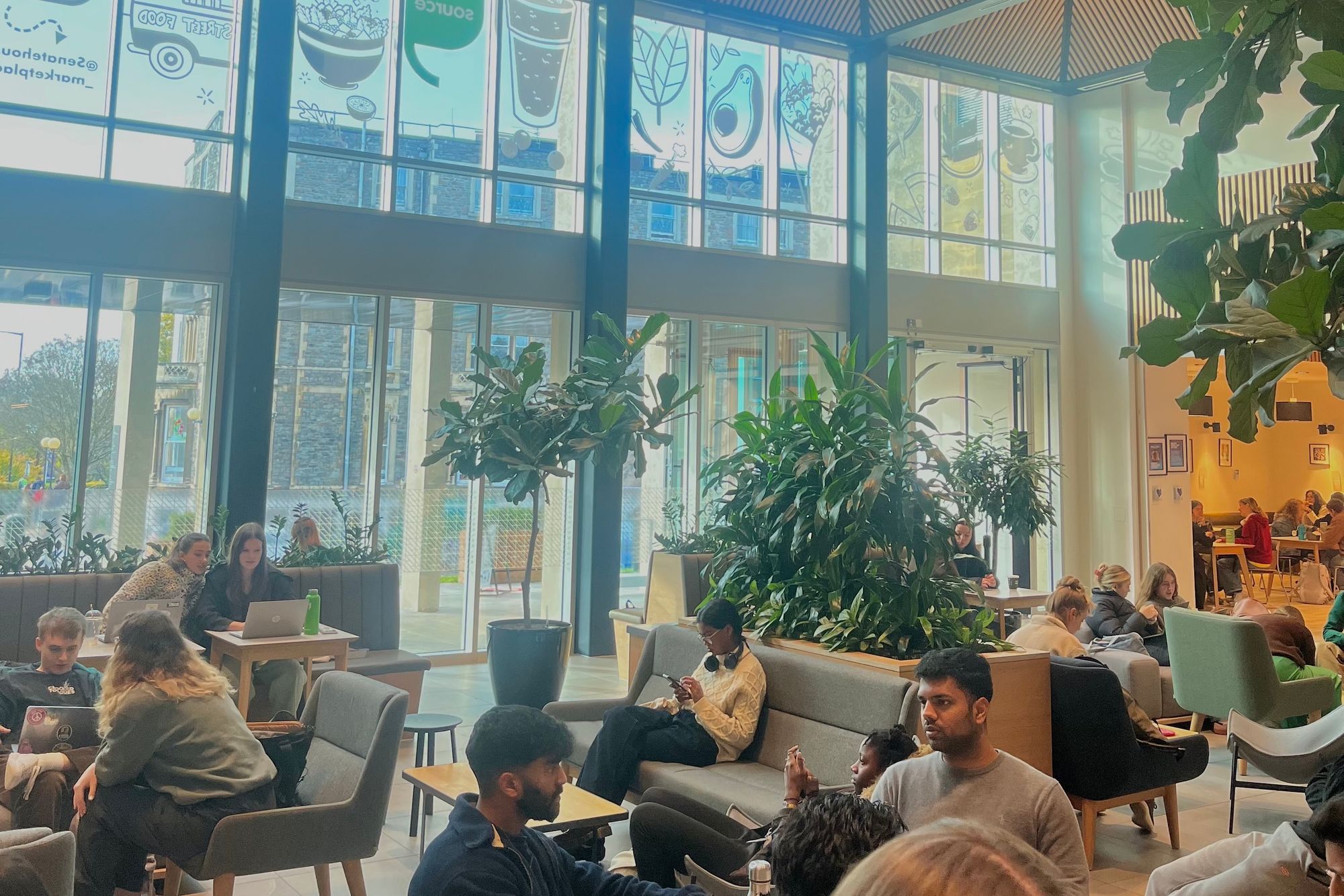By Daisy Yates, First year, Philosophy and Theology
The University of Bristol is home to students from across the UK and around the globe. But while the institution prides itself on its inclusive environment, a significant challenge persists for a number of students: discrimination based on their accents.
The issue appears to be especially pertinent for students hailing from the North of England, as highlighted by Dr Robert McKenzie in his study at Northumbria University. According to his findings, a perception exists that individuals from the north are deemed ‘Less intelligent, less ambitious, and less educated.’
To gain a better understanding of this issue here at Bristol, Epigram spoke to Amelia, a second-year Liberal Arts student. She explained that ‘It is harder for students with different accents to fit in initially.’
She went on to reflect back on her time at Wills Hall in first year, describing her initial experience as ‘Quite surprising and jarring since everyone seemed to have come from London, most people in my flat had mutual friends so formed a group together.’

Statistics show that only 40 per cent of young people in the North East go on to higher education, compared to the 55 per cent who hail from London, making it less likely for students from outside the South of England to encounter people who sound like them during their time at university.
Sammy Wright - lead commissioner for schools and higher education for the Social Mobility Commission (SMC) - stated that in their inquiry, the SMC ‘Found an entrenched pattern in certain areas where social mobility is very low, and often the only way to grasp opportunities involved moving away from where they were brought up, but we also found that social and economic disadvantage often hampered any chance to move out.’
This seems to be a widespread concern: a University of Essex report found that working-class people are judged to be less intelligent, friendly and trustworthy than their middle-class counterparts. This may create a hostile environment for those from socioeconomically deprived areas, discouraging them from pursuing higher education.
'People can sometimes jeer or mock the idea of a Northern Society when in fact this was one of my favourite things about my first year'
Amelia also touched on this feeling of seclusion, namely the financial strain of public transport. She noted that the wealth disparity between students from the North and those from London often means that ‘[Northern] students often stay whole terms without going home, which is a long time without seeing family and friends.’
When speaking with Epigram, Amelia also detailed her involvement in The University of Bristol’s Northern Society, where she is the equality representative. ‘People can sometimes jeer or mock the idea of a Northern Society when in fact this was one of my favourite things about my first year because it made me feel closer to home.’ She went on to explain that ‘It’s not about the physical place, but about the people and sharing the same experiences.’
Northern Society is one of Bristol’s 40+ international and language societies, highlighting the prevalence of diverse communities within the university. Despite this, a study conducted by Sutton Trust revealed that 47 per cent of university students have faced accent-based ridicule in social settings.
The issue is not limited to students from the North. Research by Amanda Cole for the Journal of Linguistic Geography found that if a speaker received a negative evaluation based on their accent, they were most frequently identified as coming from East London and/or Southern Essex.
The issue also extends beyond regional boundaries, affecting international students who constitute 29 per cent of Bristol’s student population. The Sutton Trust’s ‘Speaking Up’ report found that African-Caribbean and Indian accents were ranked as least prestigious in comparison to Received Pronunciation accents (RP/‘Queen’s English’).
To minimise the harm caused by accent prejudice, the university makes an institutional pledge to anti-racism, aiming to provide increased transparency about how they tackle racial harassment to build increased trust and confidence in reporting mechanisms. On the University of Bristol website, they state: ‘Together we remain determined to tackle racial discrimination in all its forms.’
Spotlight | “You are not Alone”: In conversation with the Beat This Together society
Remembrance out of living memory: does ‘Armistice Day’ still matter to young people over 100 years on?
To conclude her conversation with Epigram, Amelia offered some advice for students struggling with accent-based discrimination: ‘Anyone with a slightly different accent just needs to be prepared to stand up for who they are and where they come from and try not to fit in just to make friends [...] university is a great opportunity to move away from home and experience another lifestyle, and although there may be challenges, this makes you more resilient than staying in your comfort zone at home.’
If you or anyone you know has experienced any form of discrimination on campus, Stand Up Speak Out is a university-wide initiative that urges students and staff to address instances of bullying, harassment and any other forms of unacceptable behaviour. Students are able to report an incident by emailing srs-casework@bristol.ac.uk, where they will be allocated a Student Liaison Officer who will support them with their report.
Featured Image: Epigram / Dan Hutton
Do you think the university is doing enough to tackle accent prejudice on campus?









